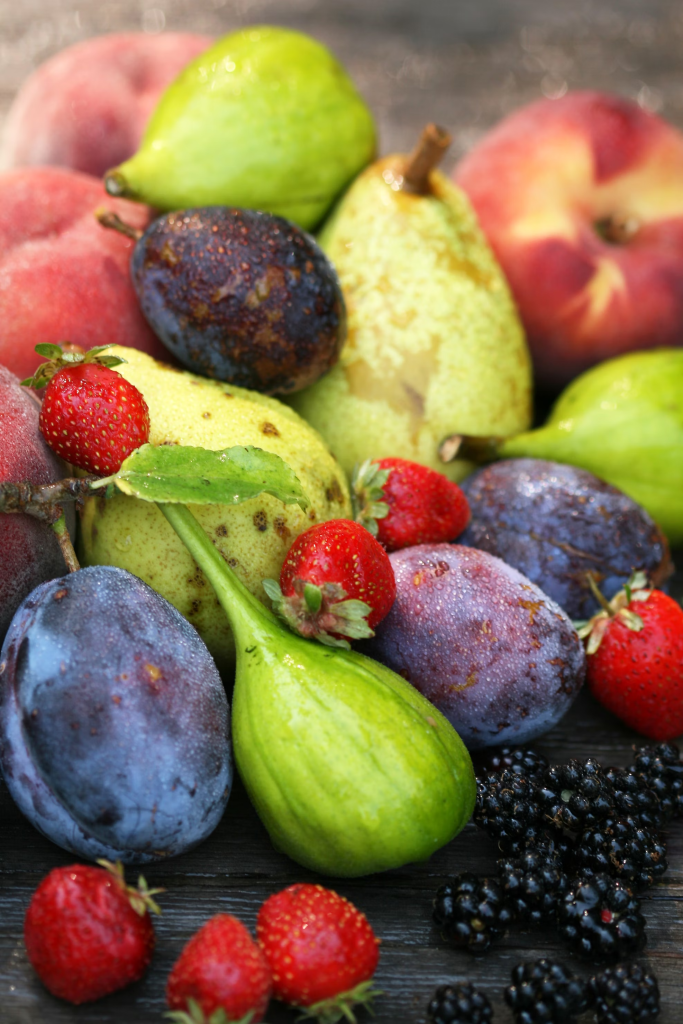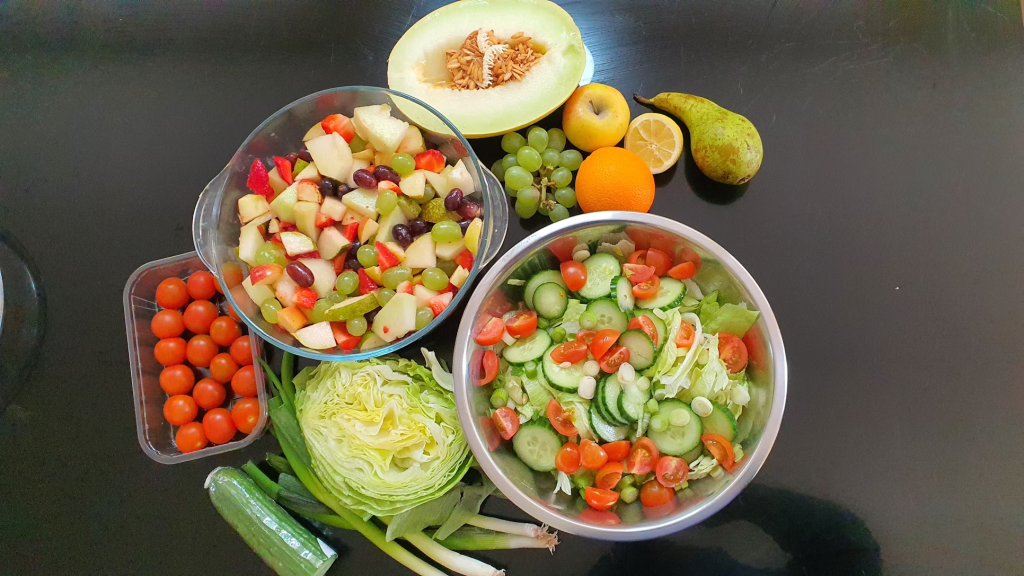Introduction:
In today’s fast-paced world, the demand for healthy and convenient food has never been greater. Among the most debated options are frozen and fresh fruits. Many believe fresh fruit is always the better nutritional choice, while others advocate for the convenience and shelf life of frozen varieties. But which one truly preserves more nutrients? Are frozen fruits an inferior option, or can they be just as good as fresh ones? In this article, we’ll debunk the myths and truths about frozen versus fresh fruit, exploring their benefits, nutritional differences, and when each is the best choice for your diet.
1. How Fruits Are Frozen and the Impact on Nutrition

The process of freezing fruit is more complex than simply placing it in a freezer. Most commercially available frozen fruits undergo a method called Individual Quick Freezing (IQF). This process preserves the fruit’s texture, flavor, and nutrients by preventing the formation of large ice crystals that can damage cellular structures.
Freezing Steps:
- Selection and Washing: Fruits are harvested at peak ripeness and washed to remove impurities.
- Blanching (optional): Some fruits, like strawberries and peaches, may undergo brief heat treatment to deactivate enzymes that cause spoilage.
- Flash Freezing: Fruits are exposed to extremely low temperatures within minutes, locking in quality.
Preserved Nutrients:
Studies show that freezing retains most vitamins and minerals, such as vitamin C, antioxidants, and fiber. In some cases, frozen fruits may even have more nutrients than fresh ones stored for long periods before consumption.
2. Fresh Fruit: Pros and Cons
Fresh fruit is often associated with superior nutrition, but this depends on factors like harvest time, transport, and storage.

Pros of Fresh Fruit:
✔ Taste and Texture: When picked ripe and consumed quickly, they offer superior flavor and texture.
✔ No Additives: Unprocessed (unless treated with preservatives).
✔ Versatility: Can be eaten raw, in salads, or as juices.
Cons of Fresh Fruit:
✖ Perishability: Spoils quickly if not stored properly.
✖ Nutrient Loss: Vitamins like C degrade over time due to heat and light exposure.
✖ Seasonal Availability: Some fruits are only available at certain times of the year.
3. Frozen Fruit: Pros and Cons

Many people hesitate to consume frozen fruit, but it offers surprising benefits.
Pros of Frozen Fruit:
✔ Longer Shelf Life: Can be stored for months without losing quality.
✔ Preserved Nutrition: Flash-freezing retains vitamins and antioxidants.
✔ Convenience: Pre-washed, peeled, and cut—ideal for smoothies and recipes.
✔ Cost-Effective: Often cheaper than off-season fresh fruit.
Cons of Frozen Fruit:
✖ Altered Texture: May become softer after thawing, making them less ideal for raw consumption.
✖ Added Sugar (in some cases): Some brands add syrups or sugar—always check labels.
4. Nutritional Comparison: Frozen vs. Fresh
Below is a table comparing key nutrients in frozen and fresh fruit
| Nutrient | Fresh Fruit | Frozen Fruit |
|---|---|---|
| Vitamin C | May degrade over time | Preserved during freezing |
| Fiber | Maintained | Maintained |
| Antioxidants | Some loss due to oxidation | Preserved |
| Natural Sugars | Present | Present (avoid added sugar versions) |
Studies from the University of California found that frozen blueberries and raspberries can have higher antioxidant levels than fresh ones stored for several days.
5. When to Choose Fresh or Frozen Fruit?
The choice depends on usage and availability:

Best Fresh:
- For direct consumption (e.g., apples, bananas, grapes).
- When texture matters (e.g., fruit salads).
- In recipes requiring firm fruit (e.g., strawberry tarts).
Best Frozen:
- For smoothies, shakes, and juices.
- When fruit is out of season.
- To save time on meal prep.
6. Common Myths About Frozen Fruit
Myth 1: “Frozen fruit loses all nutrients.”
Truth: Freezing preserves most nutrients—sometimes better than fresh fruit stored for long periods.
Myth 2: “Frozen fruit contains chemical preservatives.”
Truth: Freezing is a natural preservation method; additives are unnecessary.
Myth 3: “Only fresh fruit is healthy.”
Truth: Frozen fruit is equally nutritious and often more accessible.
7. Tips for Storing and Using Frozen Fruit

- Avoid refreezing: Thaw only what you’ll use.
- Use directly in recipes: Ideal for smoothies, pancakes, and desserts.
- Check labels: Avoid versions with added sugar or syrups.
Conclusion:
Both fresh and frozen fruit have their merits. While fresh is ideal for immediate consumption, frozen offers convenience, longevity, and preserved nutrition. The best choice depends on your lifestyle and needs. What matters most is including fruit in your diet—no matter the form!
